Home>Storage Ideas>Living Room Storage>How To Clean Your Home’s Air Filters For A Healthy House
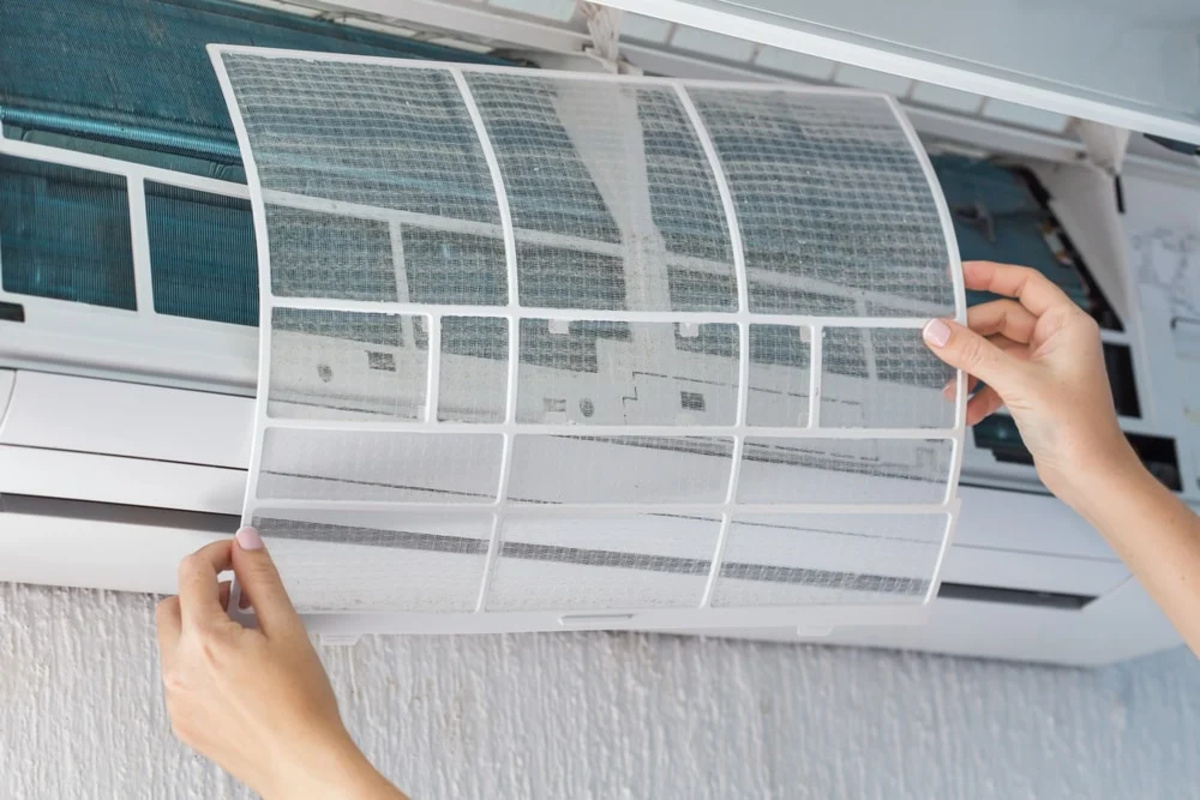

Living Room Storage
How To Clean Your Home’s Air Filters For A Healthy House
Modified: January 6, 2024
Learn how to clean your home's air filters for a healthy house. Keep your living room storage clean and maintain optimal air quality.
(Many of the links in this article redirect to a specific reviewed product. Your purchase of these products through affiliate links helps to generate commission for Storables.com, at no extra cost. Learn more)
Introduction
Welcome to our comprehensive guide on how to clean your home’s air filters for a healthy house. With indoor air pollution becoming an increasing concern, it is essential to ensure that the air you breathe inside your home is clean and free from harmful contaminants. One of the most important steps in maintaining good indoor air quality is regularly cleaning and maintaining your home’s air filters.
Your home’s air filters play a crucial role in trapping dust, allergens, pet dander, and other airborne particles, preventing them from circulating throughout your living space. Over time, these filters can become clogged and dirty, reducing their effectiveness and potentially leading to a variety of health issues. By regularly cleaning your air filters, you can improve the quality of the air you breathe and create a healthier environment for you and your family.
In this article, we will discuss the importance of cleaning your home’s air filters, signs that indicate when your filters need cleaning, the tools and materials you will need for the cleaning process, and a step-by-step guide to help you effectively clean your air filters. Additionally, we will explore some alternative methods for cleaning air filters, how often you should clean them, the benefits of regular cleaning, and common mistakes to avoid. So, let’s dive in and learn how to keep your home’s air filters clean for a healthy living environment!
Key Takeaways:
- Regularly cleaning your home’s air filters is crucial for improving indoor air quality, reducing allergens, and promoting better HVAC system efficiency.
- Avoid common mistakes like skipping regular inspections and not following manufacturer’s instructions to ensure effective and safe air filter cleaning.
Why is it important to clean your home’s air filters?
Cleaning your home’s air filters is of utmost importance for several reasons. Let’s explore why it is crucial to regularly clean and maintain these filters:
- Promotes better indoor air quality: Air filters are designed to capture dust, pollen, pet dander, and other airborne particles. Over time, these particles accumulate in the filters and can impede their ability to effectively remove pollutants from the air. By cleaning the filters, you ensure that they can continue to efficiently trap harmful particles, resulting in cleaner and healthier indoor air quality.
- Reduces allergens and respiratory irritants: Allergens and respiratory irritants like pollen, mold spores, and dust mites can trigger allergies and respiratory issues such as asthma and bronchitis. When air filters become clogged, they can no longer effectively capture these particles, allowing them to circulate in your home. Regular cleaning of air filters helps reduce these allergens and respiratory irritants, providing relief to those with allergies or breathing difficulties.
- Improves HVAC system efficiency: Air filters are an integral part of your HVAC (heating, ventilation, and air conditioning) system. When filters become clogged, they obstruct the airflow, causing the HVAC system to work harder to maintain the desired temperature. This increased strain on the system can lead to higher energy consumption and potentially shorten the lifespan of the equipment. By cleaning the air filters, you ensure optimal airflow and improve the overall efficiency of your HVAC system.
- Prevents costly repairs and replacements: Neglecting to clean your air filters can lead to more significant problems with your HVAC system. The accumulation of dirt and debris can cause the system’s components to work harder, resulting in higher energy bills and potential breakdowns. Regularly cleaning your air filters helps prevent these issues, extending the lifespan of your HVAC system and saving you from costly repairs or replacements.
- Ensures proper ventilation: Air filters not only trap airborne particles but also prevent larger objects from entering the HVAC system, such as lint, hair, or debris. If the filters are dirty or clogged, these objects can bypass the filters and find their way into the system. This can lead to blockages, reduced airflow, and potential damage. By keeping your air filters clean, you ensure proper ventilation and prevent potential issues with your HVAC system.
Now that we understand the importance of cleaning your home’s air filters, let’s explore the signs that indicate when it’s time for maintenance.
Signs that your air filters need cleaning
To maintain optimal performance and indoor air quality, it’s important to identify the signs that indicate when your air filters need cleaning. Here are some common signs to look out for:
- Visible dirt and debris: One of the most obvious indications that your air filters need cleaning is when you notice a buildup of dust, dirt, and other debris on the filter surface. Take a look at your filters and if you can visibly see a layer of dirt, it’s time for a cleaning.
- Reduced airflow: If you notice that there is less air coming out of your vents or that your HVAC system seems to be struggling to push air through, this could be a sign of clogged filters. Reduced airflow indicates that the filters are obstructed and need to be cleaned to restore proper air circulation.
- Increase in energy bills: Clogged air filters can cause your HVAC system to work harder to maintain the desired temperature, resulting in increased energy consumption. If you’ve noticed a sudden increase in your energy bills without any other explanation, it could be a sign that your air filters are dirty and impacting the efficiency of your HVAC system.
- Allergy symptoms flare up: If you or your family members experience more frequent allergy symptoms, such as sneezing, coughing, or itchy eyes, it could be a direct result of dirty air filters. When the filters are clogged, they can no longer effectively capture allergens, leading to increased exposure and worsening allergy symptoms.
- Unpleasant odors: When air filters become dirty, they can develop a musty or stale odor. If you detect unpleasant smells coming from your HVAC system or when the air is flowing through the vents, it is a clear sign that your air filters need cleaning.
If you notice any of these signs, it is essential to clean your air filters promptly to prevent further issues and ensure the continued functioning of your HVAC system. Now, let’s move on to the tools and materials you will need for the cleaning process.
Tools and materials you will need
Before you begin cleaning your home’s air filters, it’s important to gather the necessary tools and materials. Having these items on hand will ensure a smooth and efficient cleaning process. Here’s what you’ll need:
- Screwdriver: Depending on the type of air filter housing you have, you may need a screwdriver to remove the cover or access panel.
- Vacuum cleaner with brush attachment: A vacuum cleaner with a brush attachment is essential for removing loose debris and dust from the surface of the air filters.
- Mild detergent or cleaning solution: Use a mild detergent or a specially formulated cleaning solution to thoroughly clean the air filters. Avoid using harsh chemicals, bleach, or abrasive cleaning agents, as they can damage the filters.
- Bucket or basin: You’ll need a bucket or basin large enough to hold the air filters and cleaning solution while you soak them.
- Water source: Ensure you have access to a water source, such as a sink or garden hose, for rinsing the air filters.
- Microfiber cloth or soft-bristle brush: A microfiber cloth or a soft-bristle brush can be used to gently scrub the air filters and remove any stubborn dirt or grime.
- Towels or drying rack: After cleaning the air filters, you’ll need a place to dry them. Prepare towels or a drying rack where you can lay the filters flat and allow them to air dry completely.
- Disposable gloves (optional): If you prefer to protect your hands while cleaning, you can wear disposable gloves.
Having these tools and materials readily available will make the process of cleaning your air filters much more convenient. Now that you know what you need, let’s move on to the step-by-step guide for cleaning your air filters.
Step-by-step guide to cleaning your air filters
Cleaning your home’s air filters is a straightforward process that you can easily do yourself. Follow these step-by-step instructions to effectively clean your air filters:
- Turn off your HVAC system: Before you begin, switch off your HVAC system to ensure your safety and to prevent any debris from being circulated while you clean the filters.
- Locate the air filter housing: Find the location of your air filter housing. Depending on your HVAC system, the air filters may be located behind a removable cover or an access panel. Use a screwdriver if necessary to remove the cover.
- Remove the air filters: Take out the air filters from the housing. Be gentle when handling them to prevent any damage or tearing.
- Vacuum the filters: Use a vacuum cleaner with a brush attachment to gently remove any loose debris and dust from the surface of the air filters. Pay special attention to the pleated areas and edges where dirt tends to accumulate.
- Prepare a cleaning solution: In a bucket or basin, mix a mild detergent or a cleaning solution with water according to the manufacturer’s instructions. Avoid using harsh chemicals that could damage the filters.
- Soak the air filters: Place the air filters in the cleaning solution and let them soak for about 15-20 minutes. This will help loosen dirt and grime that has accumulated on the filters.
- Gently scrub the filters: Using a microfiber cloth or a soft-bristle brush, gently scrub the air filters to remove any remaining dirt or debris. Pay attention to the pleated areas and ensure thorough cleaning.
- Rinse the filters: Rinse the air filters under running water to remove the cleaning solution and any residual dirt. Ensure that all soap residue is thoroughly washed away.
- Air dry the filters: Lay the air filters flat on towels or a drying rack in a well-ventilated area. Allow them to air dry completely before reinstalling them. Avoid direct sunlight, as it can cause deterioration of the filter material.
- Reinstall the filters: Once the filters are completely dry, carefully reinsert them back into the filter housing. Ensure they are properly aligned and securely in place.
- Turn on your HVAC system: Finally, switch on your HVAC system and enjoy the clean, fresh air that your newly cleaned air filters will provide.
Following these steps on a regular basis will help maintain the effectiveness and longevity of your air filters, ensuring that your home’s air is clean and healthy. Now, we’ll explore some alternative methods for cleaning air filters.
Regularly clean your home’s air filters by vacuuming or washing them to remove dust, dirt, and allergens. This will help improve air quality and keep your home healthy.
Alternative methods for cleaning air filters
While the step-by-step guide outlined earlier is the most common and effective method for cleaning air filters, there are a few alternative approaches you can consider. These methods can be useful if you don’t have access to certain cleaning tools or materials, or if you want to try a different approach. Here are some alternative methods for cleaning air filters:
- Compressed air: If you have access to a can of compressed air or an air compressor, you can use it to blow out the dirt and debris from the air filters. Start by removing loose debris with a vacuum cleaner, then use the compressed air to blow in the opposite direction of the airflow. Be cautious not to damage the filter material or cause the debris to be blown back into the room.
- Outdoor hose cleaning: If the weather permits and you have easy access to an outdoor water source, you can consider rinsing the air filters with a hose. Gently spray water through the filters in the opposite direction of the airflow, effectively removing dirt and debris. Be sure to use low water pressure to avoid damaging the filters.
- Dishwasher: Some air filters, particularly certain types of washable filters, may be dishwasher-safe. Check the manufacturer’s instructions or the filter packaging to see if this method is suitable for your filters. Place the filters in the dishwasher, using a gentle cycle with a mild detergent. Once cleaned, let the filters air dry before reinstalling them.
- Vinegar soak: For mild odor removal and light cleaning, you can create a cleaning solution using white vinegar and water. Mix equal parts of vinegar and water in a basin, then soak the filters for about 30 minutes. This method can help eliminate odors and freshen up the filters. Rinse the filters thoroughly with water and allow them to air dry.
- Filter replacement: In some cases, particularly if your air filters are heavily soiled or damaged, it may be more practical and efficient to replace them altogether. Check with the manufacturer or consult the product documentation to determine the recommended replacement schedule for your specific filters.
Remember, each alternative method comes with its own set of considerations and may not be suitable for all air filter types. Consult the manufacturer’s guidelines or seek professional advice if you are uncertain about which method is appropriate or safe for your filters.
Now that you’re familiar with alternative cleaning methods, let’s move on to discussing how frequently you should clean your air filters.
How often should you clean your air filters?
The frequency at which you should clean your air filters depends on several factors, including the type of filter, the level of air pollution in your area, and the specific needs of your household. However, a general guideline for cleaning air filters is every 1 to 3 months. Here are some considerations to help you determine the appropriate cleaning frequency for your air filters:
- Manufacturer’s recommendations: Always refer to the manufacturer’s guidelines or instructions for your specific air filters. They often provide recommended cleaning intervals or replacement schedules based on the filter type and model.
- Level of air pollution: If you live in an area with high levels of air pollution, such as near major roadways or industrial areas, your filters may become dirty more quickly. Consider adjusting your cleaning frequency accordingly, as filters in such environments tend to accumulate dirt and contaminants faster.
- Pet owners and allergy sufferers: If you have pets that shed, or if there are individuals in your household with allergies or respiratory conditions, you may need to clean your air filters more frequently. Pet dander and allergens can quickly clog filters and compromise indoor air quality.
- Home renovations or construction: If you recently completed home renovations or construction, it’s advisable to clean your air filters more often. These activities often generate additional dust, debris, and particles that can quickly accumulate in the filters.
- Check the filters regularly: To determine the ideal cleaning frequency for your specific situation, make a habit of inspecting your air filters regularly. Check for visible dirt and debris, reduced airflow, or any signs of filter-related issues. If you notice these signs, it’s time to clean the filters, regardless of the elapsed time since the last cleaning.
Keep in mind that while cleaning your air filters is important, some filters are designed for single-use and cannot be cleaned. In these cases, it is crucial to replace the filters according to the manufacturer’s recommendations to ensure optimal performance. Additionally, certain filters may require more frequent cleaning, such as washable or reusable filters, which often have specific cleaning instructions provided by the manufacturer.
By properly maintaining your air filters and cleaning them at regular intervals, you can help prolong the lifespan of your HVAC system, optimize its efficiency, and promote healthier indoor air quality for you and your family.
Next, let’s explore the benefits of regularly cleaning your air filters.
Benefits of regularly cleaning your air filters
Regularly cleaning your air filters offers a range of benefits that contribute to a healthier living environment. Let’s explore some of the key advantages of keeping your air filters clean:
- Improved indoor air quality: By cleaning your air filters regularly, you remove accumulated dust, debris, allergens, and other airborne particles. This helps to improve the overall indoor air quality of your home, reducing the risk of respiratory issues and allergies for you and your family members.
- Enhanced HVAC system performance: Clean air filters contribute to better HVAC system performance. When filters are clean and free from obstructions, air can flow more freely, allowing the system to operate efficiently. This optimal airflow results in better temperature regulation, reduced energy consumption, and a longer lifespan for your HVAC equipment.
- Cost savings on energy bills: A dirty air filter restricts airflow, causing your HVAC system to work harder to maintain the desired temperature. This increased strain on the system leads to higher energy consumption and, consequently, higher energy bills. By regularly cleaning your air filters, you can improve the system’s efficiency and save money on energy costs.
- Extended lifespan of HVAC equipment: When air filters are clogged with dirt and debris, your HVAC system must work harder, which can accelerate wear and tear on its components. Regularly cleaning and maintaining your air filters helps reduce the strain on the system, prolonging the lifespan of your HVAC equipment and avoiding costly repairs or replacements.
- Reduced allergens and irritants: Regular cleaning of air filters effectively removes allergens and irritants such as pollen, pet dander, mold spores, and dust mites. By filtering out these particles, you create a healthier environment for individuals with allergies or respiratory conditions, reducing their symptoms and improving their overall well-being.
- Promotion of airflow and ventilation: Clean air filters ensure proper airflow and ventilation throughout your home. When filters are dirty, they can impede the movement of air, leading to stuffy and stagnant indoor environments. By cleaning the filters, you allow for better air circulation, maintaining a comfortable living space.
Regular maintenance and cleaning of your air filters ultimately result in numerous benefits, including improved air quality, increased energy efficiency, and cost savings. By incorporating regular filter cleaning into your home maintenance routine, you can enjoy a healthier living space and ensure the optimal performance of your HVAC system.
Now, let’s discuss some common mistakes to avoid when cleaning air filters to ensure the process is conducted effectively and safely.
Common mistakes to avoid when cleaning air filters
While cleaning your air filters is a relatively simple task, there are a few common mistakes that you should avoid to ensure the process is done properly. By steering clear of these errors, you can maintain the effectiveness and longevity of your air filters. Here are some common mistakes to be aware of:
- Not following manufacturer’s instructions: It is crucial to read and follow the manufacturer’s guidelines when it comes to cleaning your air filters. Using the wrong cleaning method or solution can damage the filters and compromise their effectiveness. Each filter type may have specific instructions, so be sure to consult the manufacturer’s recommendations.
- Not turning off the HVAC system: Before removing or cleaning air filters, always turn off your HVAC system. Failure to do so can result in dust and debris being circulated throughout your home or even damage to the system. Ensure the system is completely powered down before starting the cleaning process.
- Using excessive force when cleaning: While it’s important to thoroughly clean your air filters, using excessive force can cause damage to the filter material. Avoid aggressive scrubbing or excessive pressure when cleaning as it can lead to tears or deformities in the filters, reducing their effectiveness.
- Skipping regular inspections: Regularly inspecting your air filters is essential to catch any signs of dirt buildup or other issues. Skipping these inspections may result in filters becoming excessively dirty and reducing indoor air quality. Make it a habit to inspect your air filters regularly and clean or replace them when necessary.
- Not allowing filters to dry completely: After cleaning your air filters, it’s important to let them air dry completely before reinstalling them. Failing to do so can lead to mold or mildew growth, which can further compromise the quality of your indoor air. Ensure the filters are thoroughly dry before placing them back into the filter housing.
- Overlooking filter replacement: While many air filters can be cleaned and reused, there may come a time when replacement is necessary. Some filters are designed for one-time use or have a limited lifespan. Neglecting to replace these filters when needed can result in reduced air filtration and potential issues with your HVAC system. Follow the manufacturer’s recommendations for filter replacement.
By avoiding these common mistakes and following proper cleaning practices, you can maintain the efficiency and effectiveness of your air filters, resulting in improved air quality and a healthier living environment.
Now that we’ve covered common mistakes to avoid, let’s wrap up this guide on cleaning your air filters.
Conclusion
Regularly cleaning your home’s air filters is an essential task that should not be overlooked. It plays a crucial role in maintaining good indoor air quality, promoting better health, and ensuring the efficient operation of your HVAC system. By following the step-by-step guide provided in this article and avoiding common mistakes, you can effectively clean your air filters and reap the numerous benefits.
Regular cleaning of air filters removes dust, allergens, and other particles, resulting in improved indoor air quality and a reduced risk of respiratory issues. It also helps to enhance the performance and efficiency of your HVAC system, leading to cost savings on energy bills and a longer lifespan for your equipment.
Remember to consult the manufacturer’s instructions for your specific air filters, as cleaning methods may vary based on the type and model. Conduct regular inspections to identify the need for cleaning or replacement, especially if you live in an area with high air pollution or have specific household needs, such as pets or allergies.
While the provided step-by-step guide offers a standard approach, alternative methods like using compressed air or dishwashers may be suitable for certain filter types. However, always prioritize following the manufacturer’s recommendations to ensure the effectiveness and safety of your cleaning process.
In conclusion, regularly cleaning your air filters is a simple yet highly beneficial task that contributes to a healthier living environment. By taking the time to clean and maintain your filters, you can enjoy cleaner air, improve indoor air quality, and foster a healthier space for you and your family. So, make it a part of your routine to clean those air filters and breathe easier!
Frequently Asked Questions about How To Clean Your Home's Air Filters For A Healthy House
Was this page helpful?
At Storables.com, we guarantee accurate and reliable information. Our content, validated by Expert Board Contributors, is crafted following stringent Editorial Policies. We're committed to providing you with well-researched, expert-backed insights for all your informational needs.
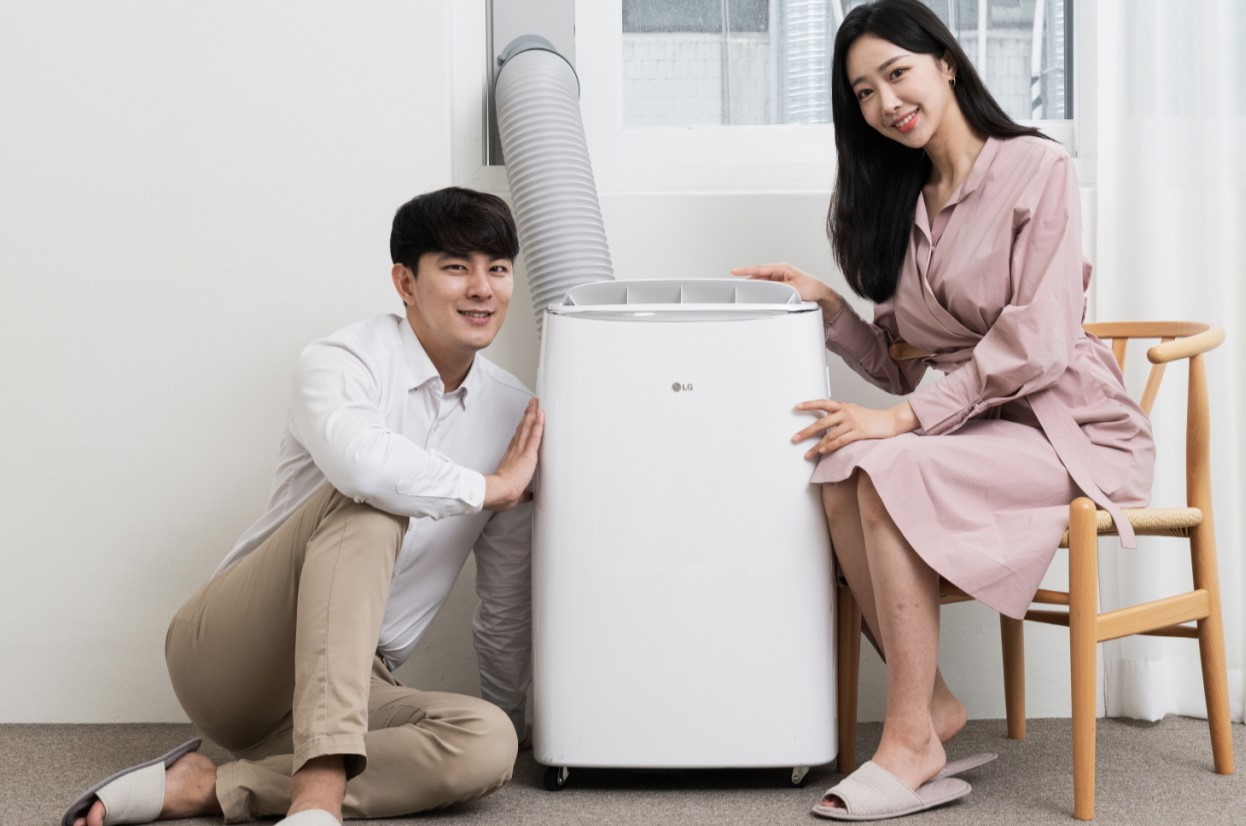
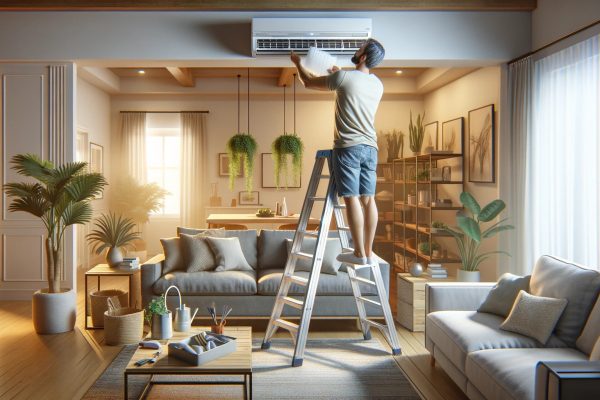
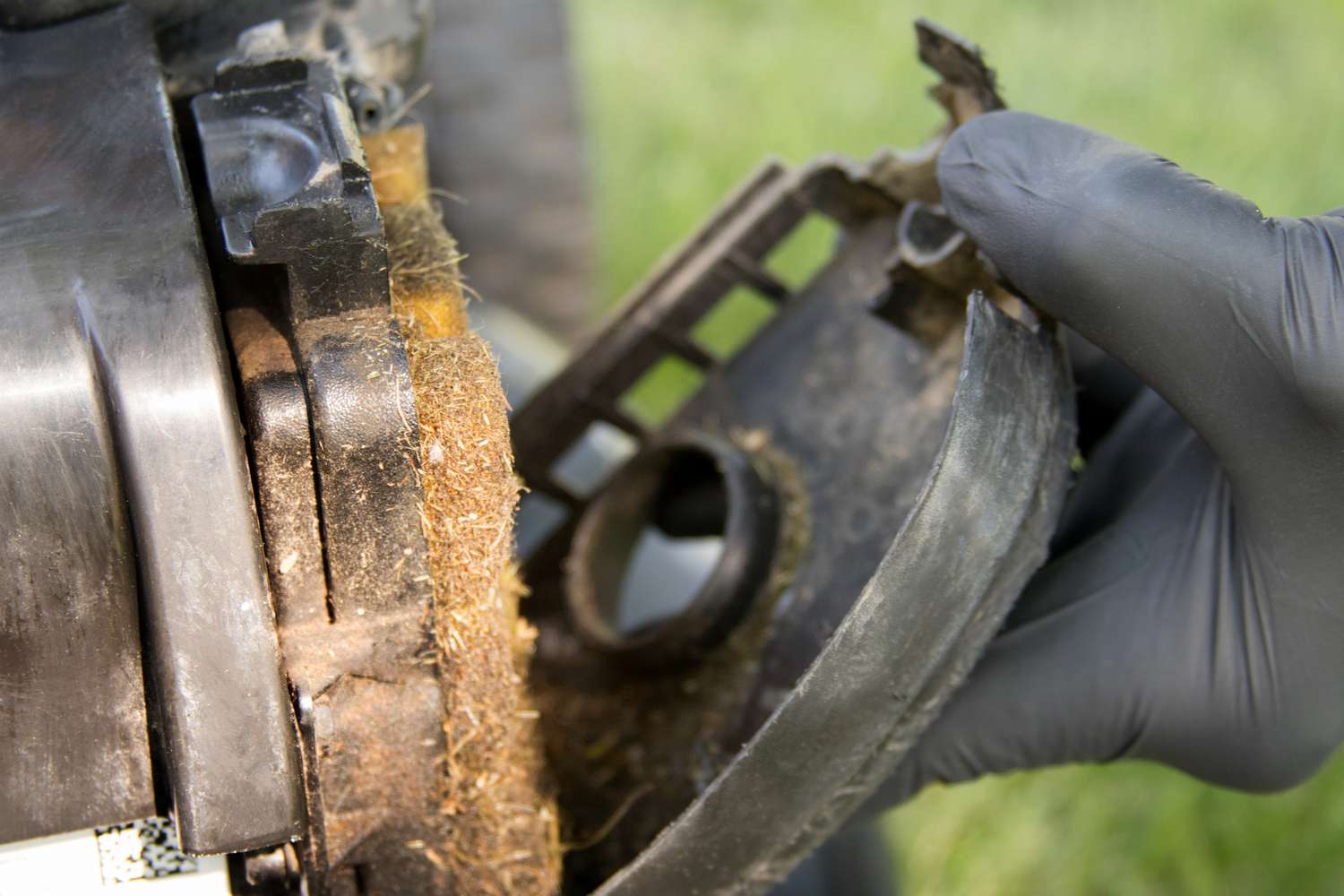
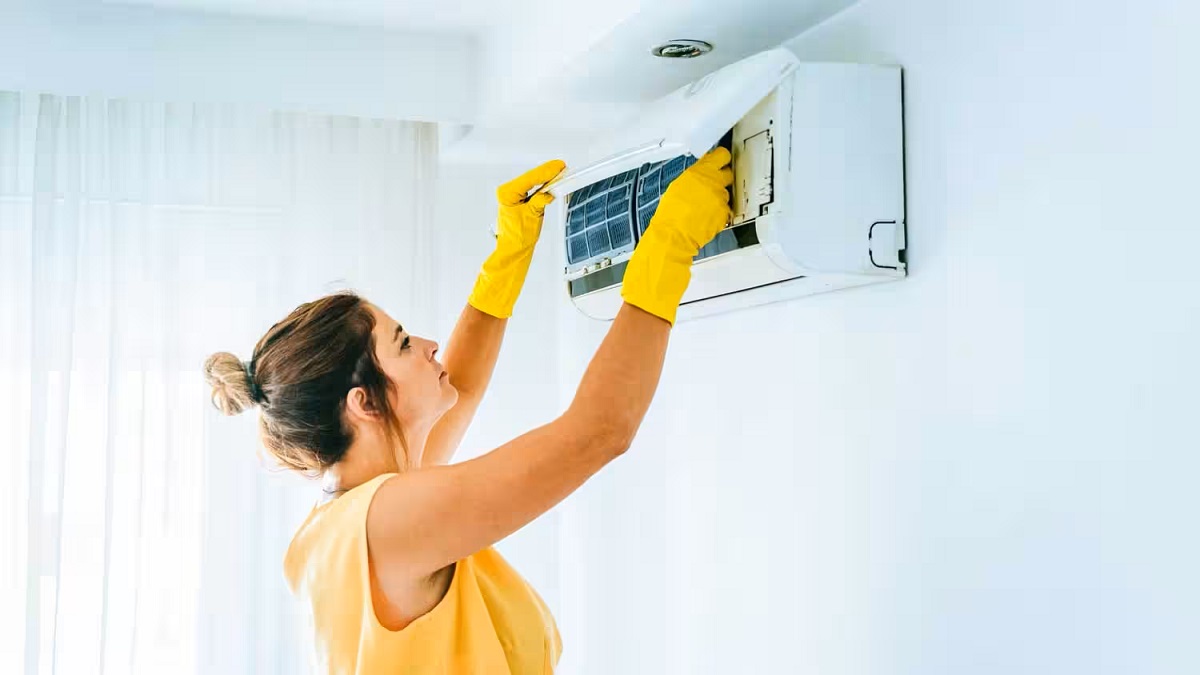
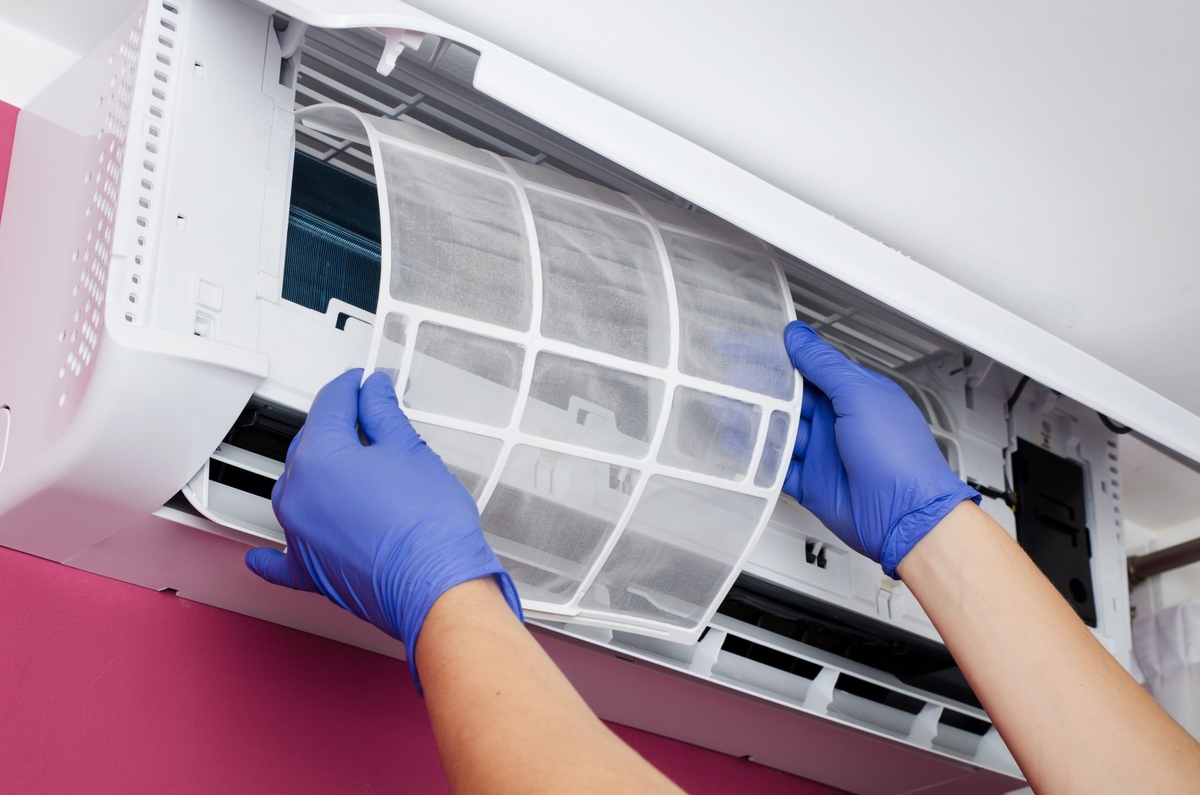
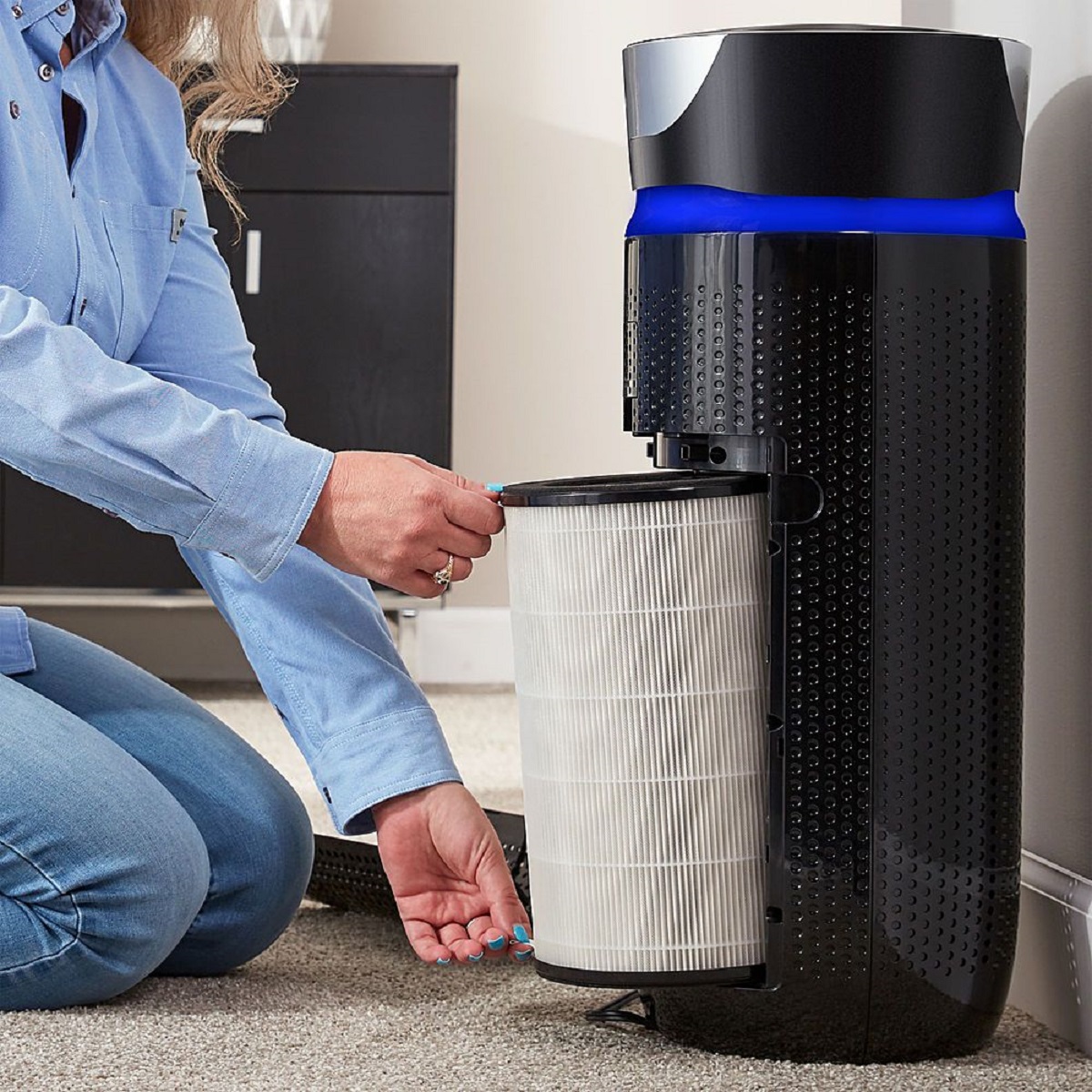
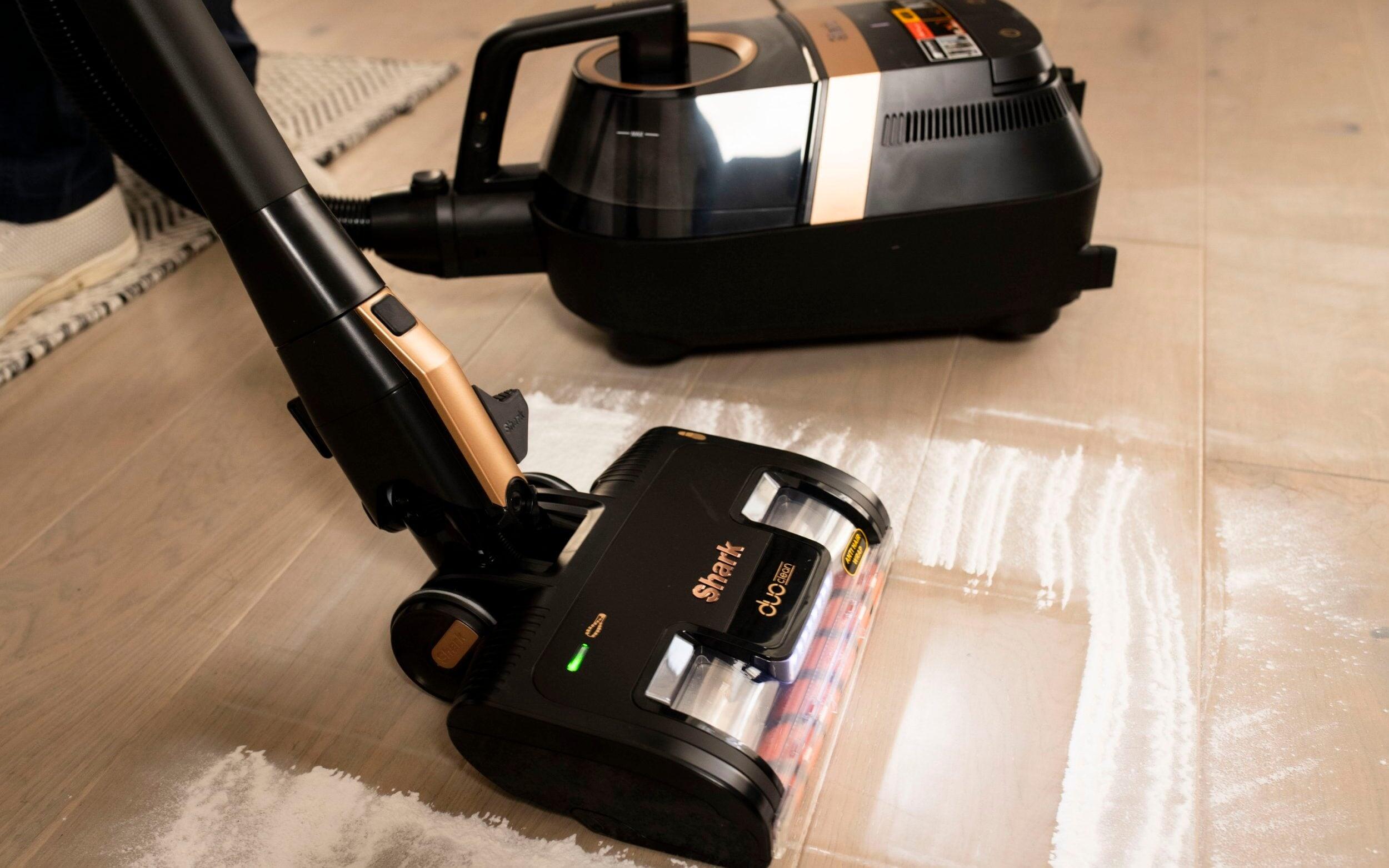
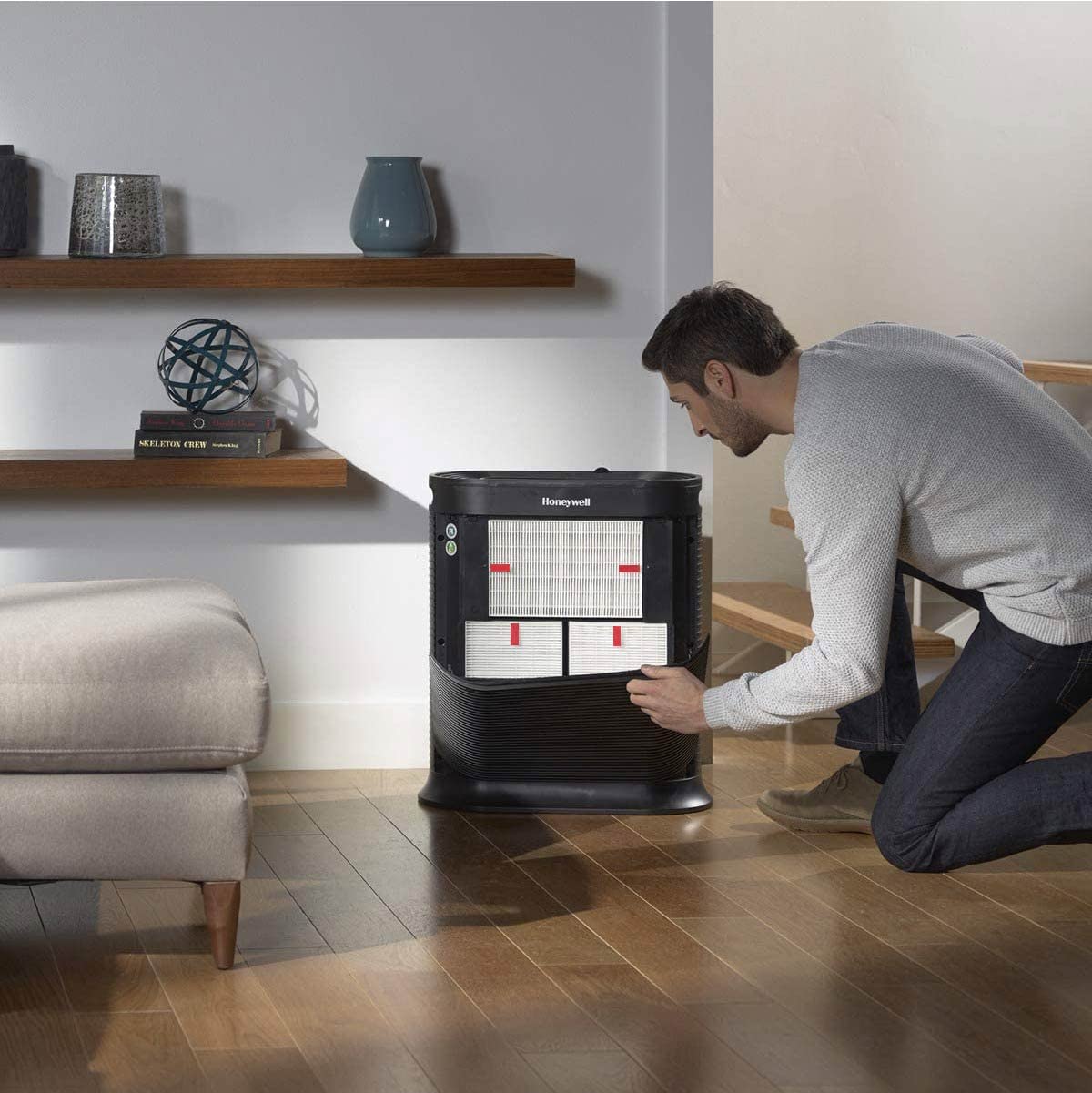
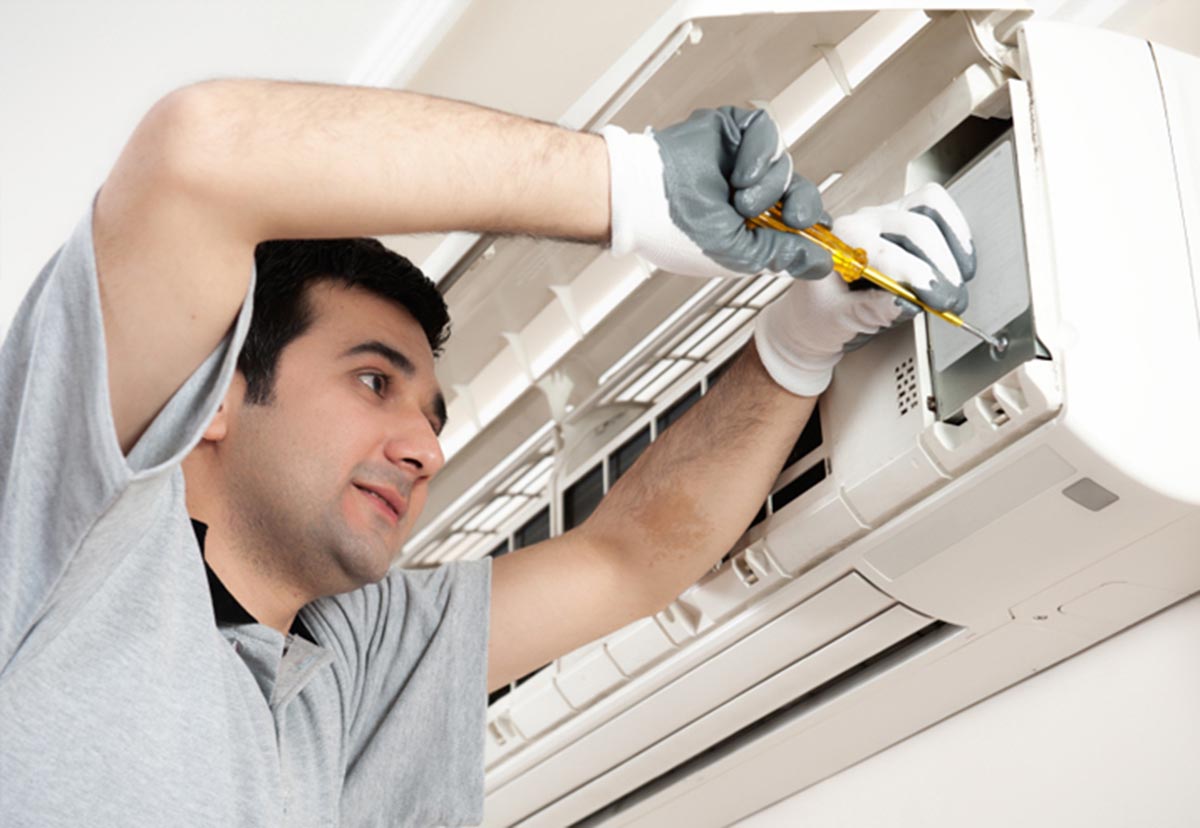
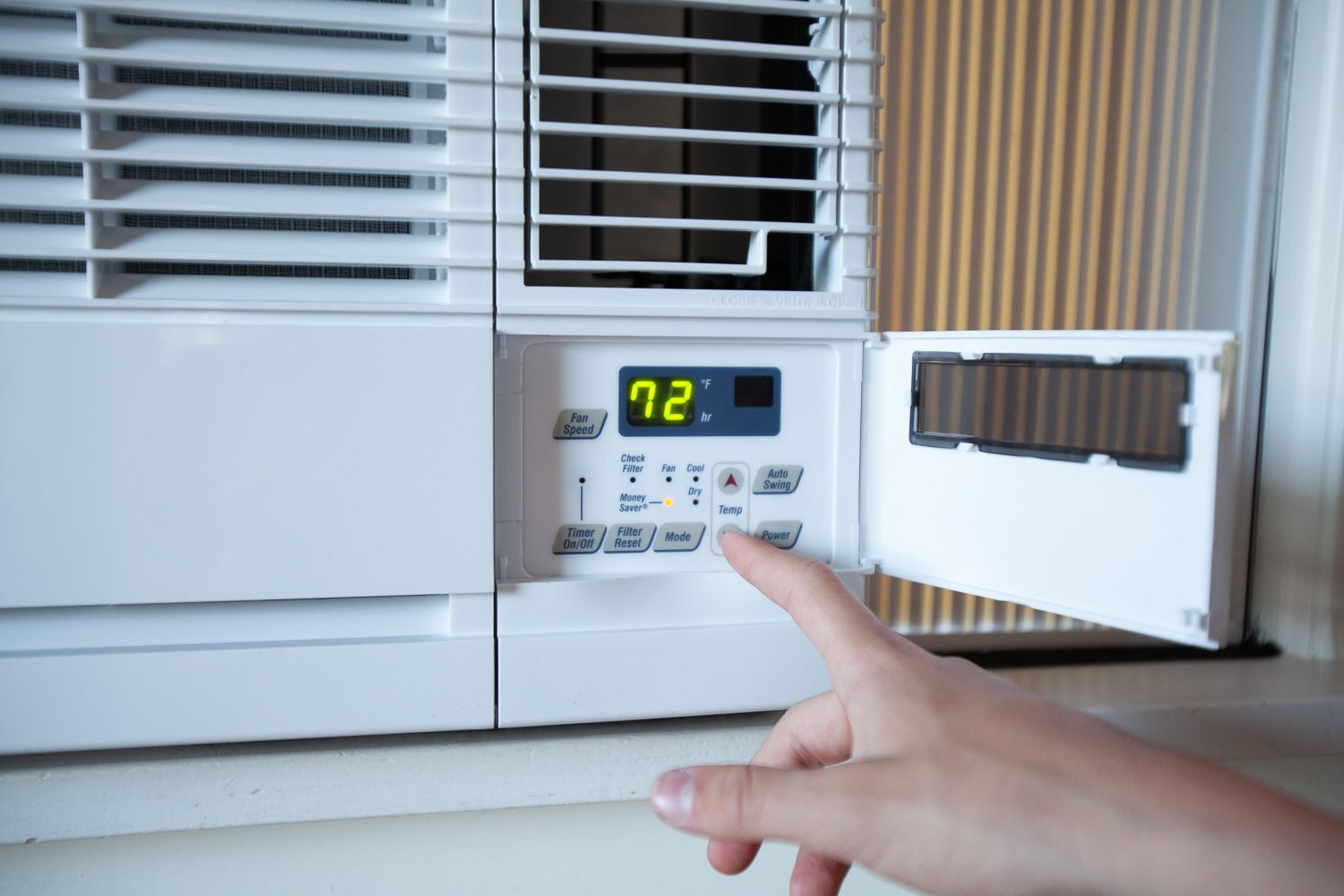
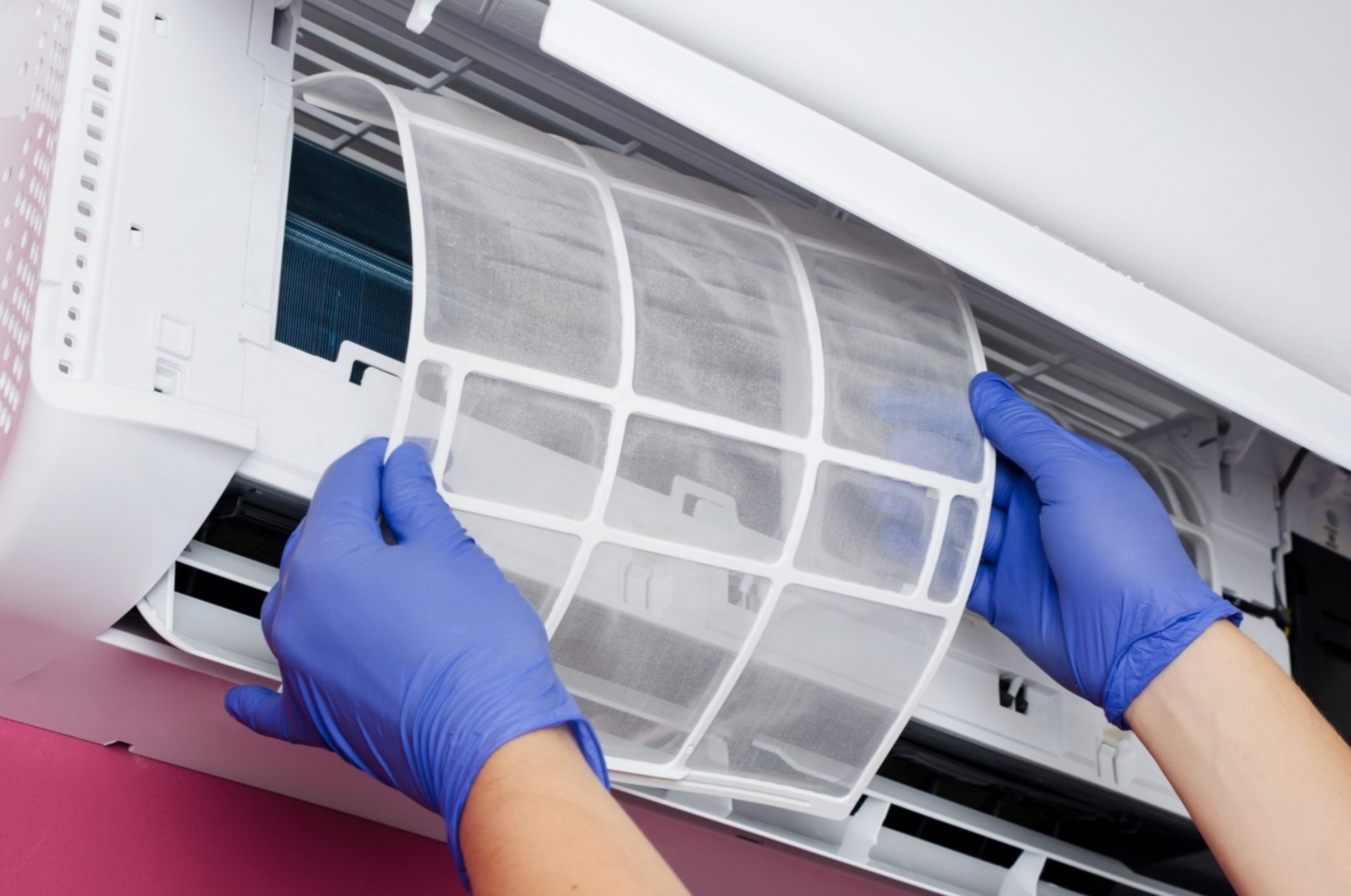
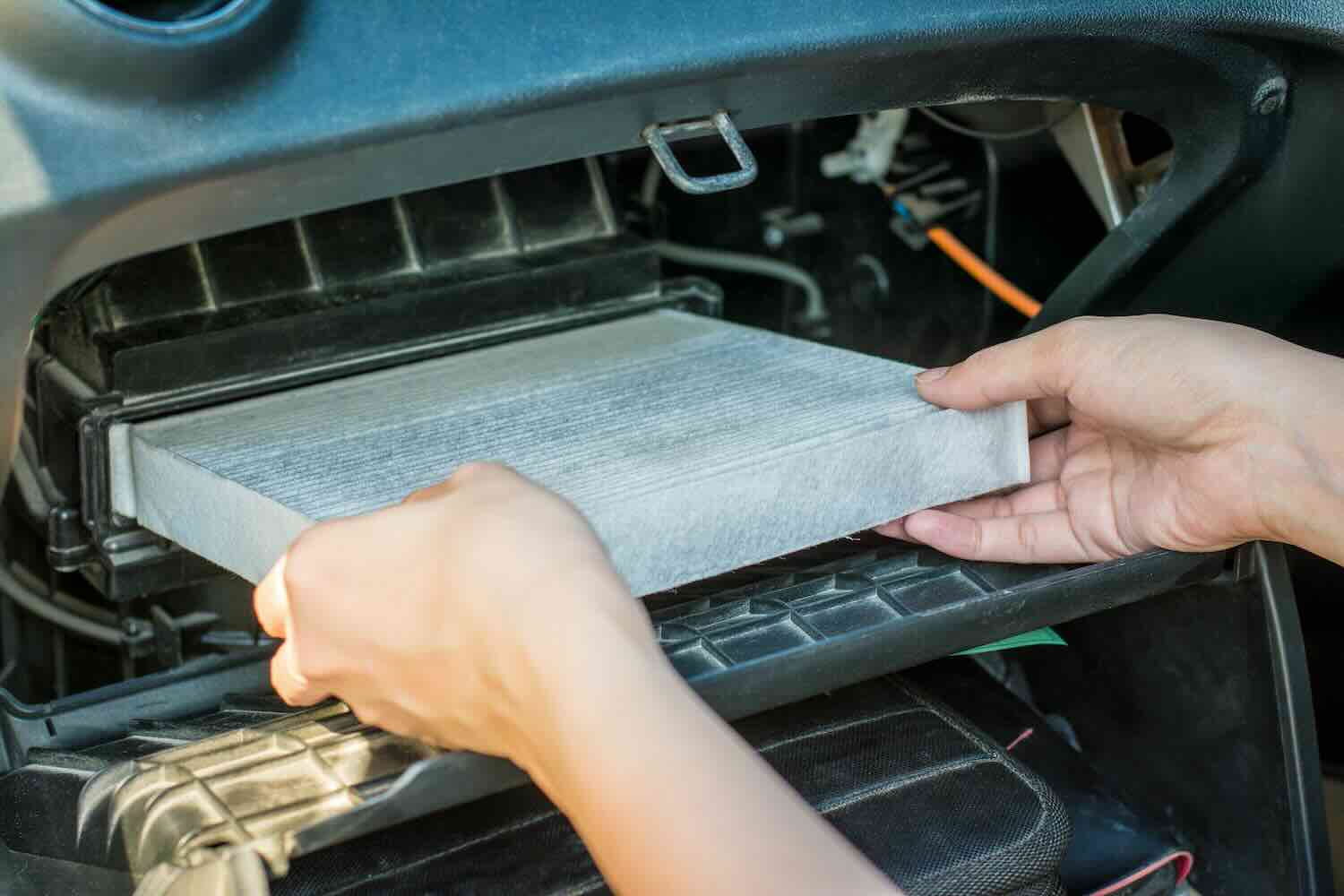
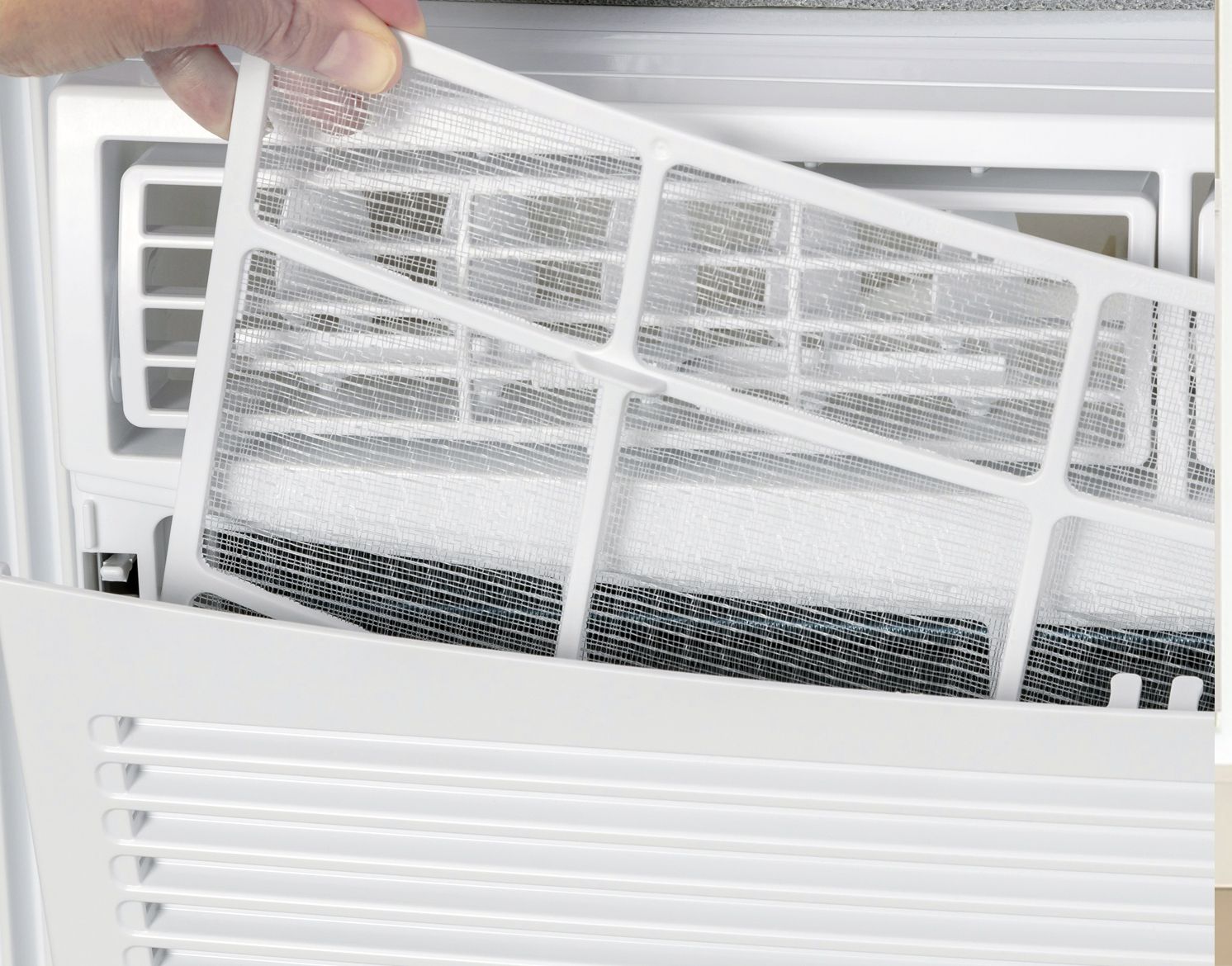

0 thoughts on “How To Clean Your Home’s Air Filters For A Healthy House”